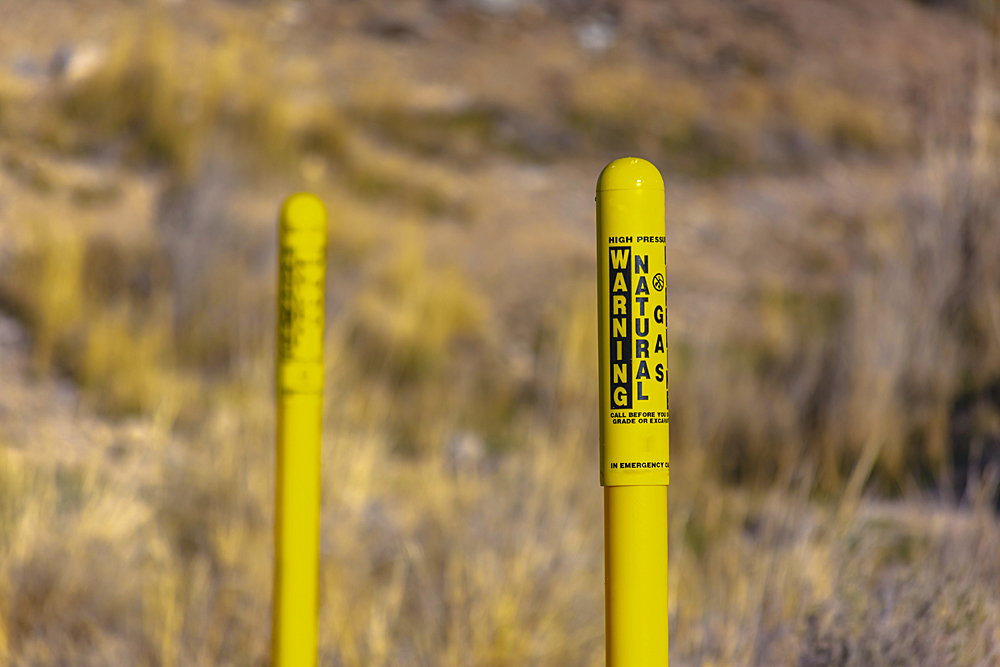
Texas, West Virginia Lead 18-State Coalition To Fight Order Delaying Oil, Gas Pipeline Projects Nationwide
Staff Reports
On Monday, Texas Attorney General Ken Paxton announced he and West Virginia AG Patrick Morrisey led 16 other states in a friend-of-the-court brief filed with the United States Court of Appeals for the Ninth Circuit regarding a court decision on a nationwide permit.
In April, U.S. District Judge Brian Morris suspended all filing and dredging activities for the Army Corps of Engineers water crossing permit until formal consultants compliant with the Endangered Species Act are conducted.
The suspension applies to a nationwide permit that would advance new oil and gas pipelines in every state regardless of their length or purpose.
According to Trinity Edwards Springs Protection Association, the ruling also continued a previous ruling that removed an administrative device allowing pipeline construction across waterways without the necessity of individual permit review by the corps.
TESPA said Judge Morris’ decision in the Keystone XL Pipeline Case is expected to slow construction of the Permian Highway Pipeline through Hays and Blanco Counties.
However, according to Paxton no amicus states were notified that their own infrastructure projects would be impacted or were included in the case.
On April 8, 2020, TESPA issued notices of intent to sue the PHP project and Kinder Morgan for violations of the Safe Drinking Water Act, the Resource Conservation and Recovery Act, and the Clean Water Act.
The suits cannot be filed until the 60-day notice period has expired and the federal courts gain jurisdiction to hear their claims.
“Maintaining a stable electrical grid is absolutely vital to the public, and the need for consistent, reliable electricity has been met by the growing production of oil and gas. The successful production and transportation of oil and gas is lifeblood for the states and none of it is possible without a dynamic pipeline network,” said Attorney General Paxton. “The district court incorrectly placed a burden on all pipelines, and that decision must be stayed in order to ensure that ongoing construction continues smoothly and no communities that rely on these growing pipelines are left without utilities vital to their practical and financial survival.”
“The Court’s ruling is simple,” TESPA Executive Director, Patrick Cox, Ph.D., said. The government itself, the U.S. Army Corps of Engineers, must enforce our existing laws to protect the water upon which we depend for life. We cannot drink profits if the government allows companies to poison groundwater or an aquifer. We expect corporations and our regulatory agencies to follow the rule of law and protect our private property rights, our aquifers, and groundwaters that are vital to all of us.”
Read a copy of the amicus brief here.






